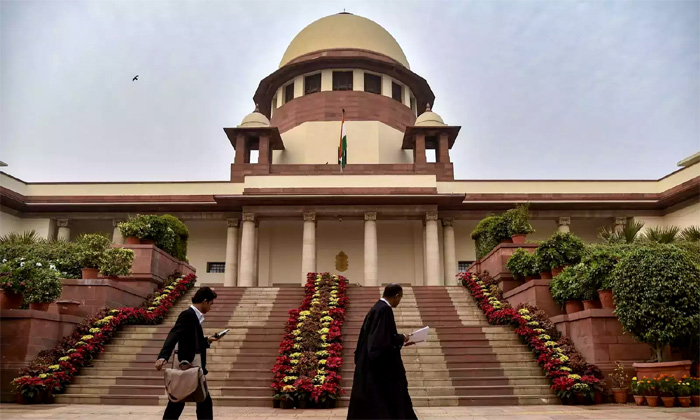Not all private properties can be acquired by govt under Article 39(b): Supreme Court
The Supreme Court’s nine-judge Constitution bench on Tuesday ruled that not every privately owned property of citizens can be acquired by the government under Article 39(b) of the Constitution to serve the common good.
The bench, headed by Chief Justice of India DY Chandrachud, however, said states can stake claim over private properties in certain cases.
The majority verdict pronounced by the CJI overruled Justice Krishna Iyer’s previous ruling that all privately owned resources can be acquired by the State for distribution under Article 39(b) of the Constitution.
Private resources may fall under the definition of material resource under Article 39(b) depending on the nature of the resource being ‘material’ and the impact of the resource on the community, the court said.
The court also held that laws passed furthering the objective of Article 39(b) will enjoy constitutional immunity under Article 31 (C) of the Constitution.
The majority ruling was given by CJI DY Chandrachud, justices Hrishikesh Roy, JB Pardiwala, Manoj Misra, Rajesh Bindal, SC Sharma and Augustine George Masih.
The CJI wrote for himself and six other judges on the bench which decided the vexed legal question of whether private properties can be considered “material resources of the community” under Article 39(b) and taken over by State authorities for distribution to subserve the “common good”.
It overturned several verdicts that had adopted the socialist theme and ruled that states could take over all private properties for the common good.
Justice BV Nagarathna partially disagreed with the majority judgement penned by the CJI, while Justice Sudhanshu Dhulia dissented on all aspects.

